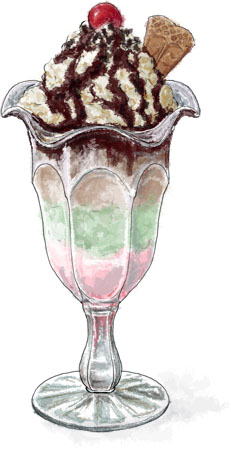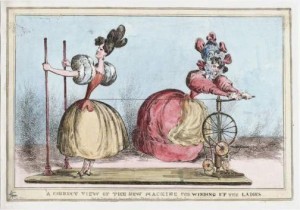Happy Father’s Day Sunday! I will begin by sharing with you the website I put up in my father’s memory after his death. Such a sweet and cheerful soul! I talked to him every day, and he always made me laugh. Miss him!
Here are some links I think you may find of special interest this week:
For writers …
• I really liked the book Do the Work by Steven Pressville. Jump on this opportunity to get a digital edition free. (The offer lasts until Monday night.)
• The Writer’s Union of Canada offered a course on the publishing process, which was given coast-to-coast. Now they have offered a video of the course for $9.99. To get an idea of what the video offers, watch this short, free video on YouTube.
For flâneurs through history …
• A friend brought the life of Ninon de l’Enclos to my attention. Not that I didn’t know about her, but she is part of the world of the Sun King, and I’ve jumped ahead in history now, to the early Napoleonic era. I have her filed under “Fascinating Woman Whose Story Should Be Told.” Indeed.
• The Original Waist Trainer — on “stays”—or what we now call corsets. Very interesting!
For Napoleonistas …
• With the 200th anniversary of Waterloo, there has been a lot to be found on the Net. I love best Napoleon’s 100 Days in 100 Objects. For example, Smuggling the Crown Jewels out of France, and the panic of the King’s guard on learning that Napoleon was approaching. I found it sadly interesting to find out that Napoleon left the Tuileries for the smaller Élysée Palace because the Tuileries had too many memories.
For readers …
• I’ve started reading Balzac’s amazing series of novels and novellas, The Human Comedy, set in France just after the Napoleonic era. Balzac wrote over 90 for the series in under 20 years. 90! Amazingly, a Kindle edition of the series—translated, annotated and illustrated—is available for only $2.50. From an article in the Guardian:
“Balzac was also incredibly influential. Without him, no Proust, no Flaubert, and – who knows? – no realism.” — Peter Brooks
“The 19th century, as we know it, is largely an invention of Balzac’s.” — Oscar Wilde



